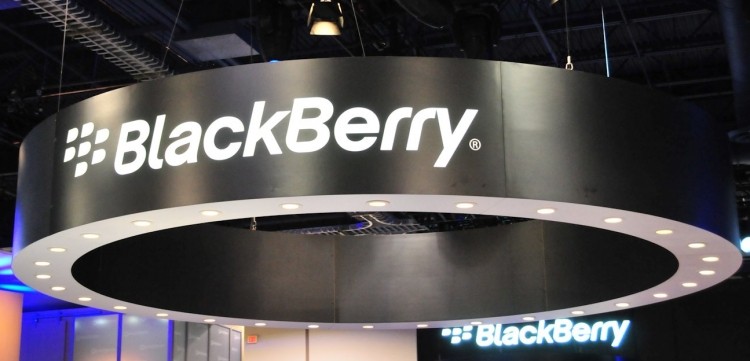The emergence of the bring-your-own-device (BYOD) trend had played a major factor in the decline of BlackBerry; the Canadian smartphone manufacturer that built its reputation upon unbeatable security. By allowing employees to purchase and bring their own smartphones into the office, corporations are now seeing a plethora of iPhones and Android devices, which is in large part due to their extensive app databases and overall user-friendliness. Unfortunately for IT admins, security also takes a hit.
Although BlackBerry has cheated death once before, their recently released Z10 and Q10 handsets have failed to garner much excitement. As a result, it appears that BlackBerry is restructuring itself as a services company instead of a hardware provider.
Earlier this month, BlackBerry announced that its messenger service, BBM, would soon be accessible on both iOS and Android platforms. Today, BlackBerry explained that its Secure Work Space software will be free to download on the aforementioned operating systems. That being said, the annual client license will still amount to $99 per year, per device.
The software is formally a part of BlackBerry's Enterprise Service 10, a service that enables companies and government agencies to manage an employee's work activity, while leaving security on the personal partition considerably more relaxed. For example, corporate information such as emails, word documents, contacts, and work schedules, will all be safeguarded using the company's renowned firewall.
As of now, the latest version of the enterprise software has been installed in excess of 18,000 times, and it is currently being used in approximately 60% of Fortune 500 corporations residing in the United States.
The company assured users that security offerings would not be sacrificed by shifting between mobile platforms. The official press release stated, "Secure Work Space leverages the same trusted behind-the-firewall connection available for BlackBerry smartphones and extends BlackBerry security capabilities for data-at-rest and data-in-transit to iOS and Android devices."
It will be interesting to see if BlackBerry continues to focus on the service side of things, pushing their once popular handsets off to the side. If this happens to be the case, we might finally see a strong partnership between BlackBerry and its rivals Apple and Samsung; a partnership that will promise devices with both consumer allure and unparalleled security.
